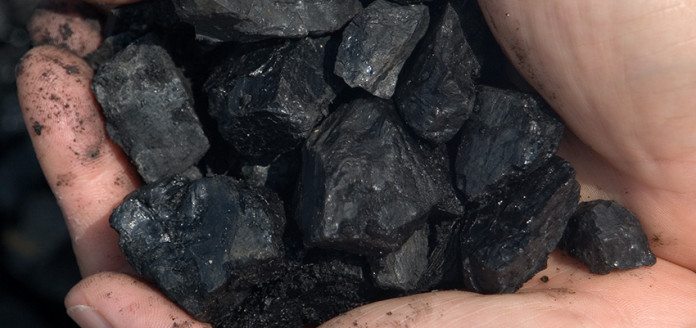
AMONG the bland assertions often made about what is needed to achieve success in the mining industry are that much depends on corporate size, and that by definition junior miners or explorers are disadvantaged, or on the jurisdiction in which a new venture is located.
This sort of simple generalisation, I would suggest, ignores the fact that success in our industry depends more on a project’s alignment with the overall aspirations and needs of a country and its economic and political environment than on anything else.
From the identification of the specific benefits a project will deliver, all else can follow. That has certainly been the experience of my own company, Resource Generation, as we have steadily progressed with the development of our Boikarabelo coal project in South Africa.
In our case, we started with the defining of the overall advantages a new coal mine would bring. As a start, among South Africa’s fundamental needs is that of secure and adequate electricity supplies. And, well into the foreseeable future, the country’s energy will be generated by coal-fired thermal power stations.
South Africans are, themselves, best able to appreciate their country’s priorities, and this requires that the company’s board and management must be aligned with South Africa, working and living in their own country.
Then there are the requirements of the project’s domestic funders.
Apart from anything else, they need to feel secure that the finance they provide will deliver sound and long-term returns for South Africa. They are committed to their market and are not in business for a short-term return on the capital they provide.
In our case, financial confidence has been enhanced by our own up-front equity investment of A$200m, equivalent to some R2.4bn. The structure of our balance sheet measured by the ratio of debt to equity is appropriate to the project we are on the cusp of bringing on stream.
It was also important that the project be part of government’s policy frameworks. In our case, one is the presidential initiative to unlock the mineral wealth of the northern minerals belt – the vast, new coal resources of the Waterberg.
This aligned with the expectations of the publicly-owned PIC and IDC, whose participation would be integral to our mine’s financing. In turn, other stakeholders would come on board – the likes of Transnet Freight Rail which provides the rail links to our domestic and export markets and the likes of power producers who would agree off-take agreements.
Another policy initiative is job creation. Boikarabelo will provide jobs for some 3,000 people, people with the skills needed to build and operate a safe, modern colliery.
Policy uncertainty is often cited as being a deterrent to investment in South Africa. That may be so to those with frivolous approaches to investment.
But policy changes and developments are not a deterrent if one has strategically mapped project progress and milestones. Plan for the worst, and then ensure that strategic momentum is maintained and that strategic targets are achieved on schedule and in parallel with each other. There may be bumps on the road, but they can be managed if the likelihood of their occurrence is foreseen.
In a nutshell, success in a mining venture does not depend on size or the jurisdiction in which it is located. The essentials are proper planning that anticipates possible challenges coupled with a strategy in complete alignment with the aspirations and expectations of all stakeholders.
Those who do not succeed and who find excuses for failure are likely to be those who would have failed anyway.
Rob Lowe is the CEO of Resource Generation, the developer of the grassroots Boikarabelo coal project in the Waterberg.











